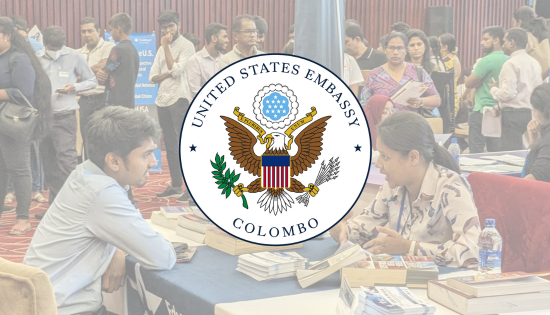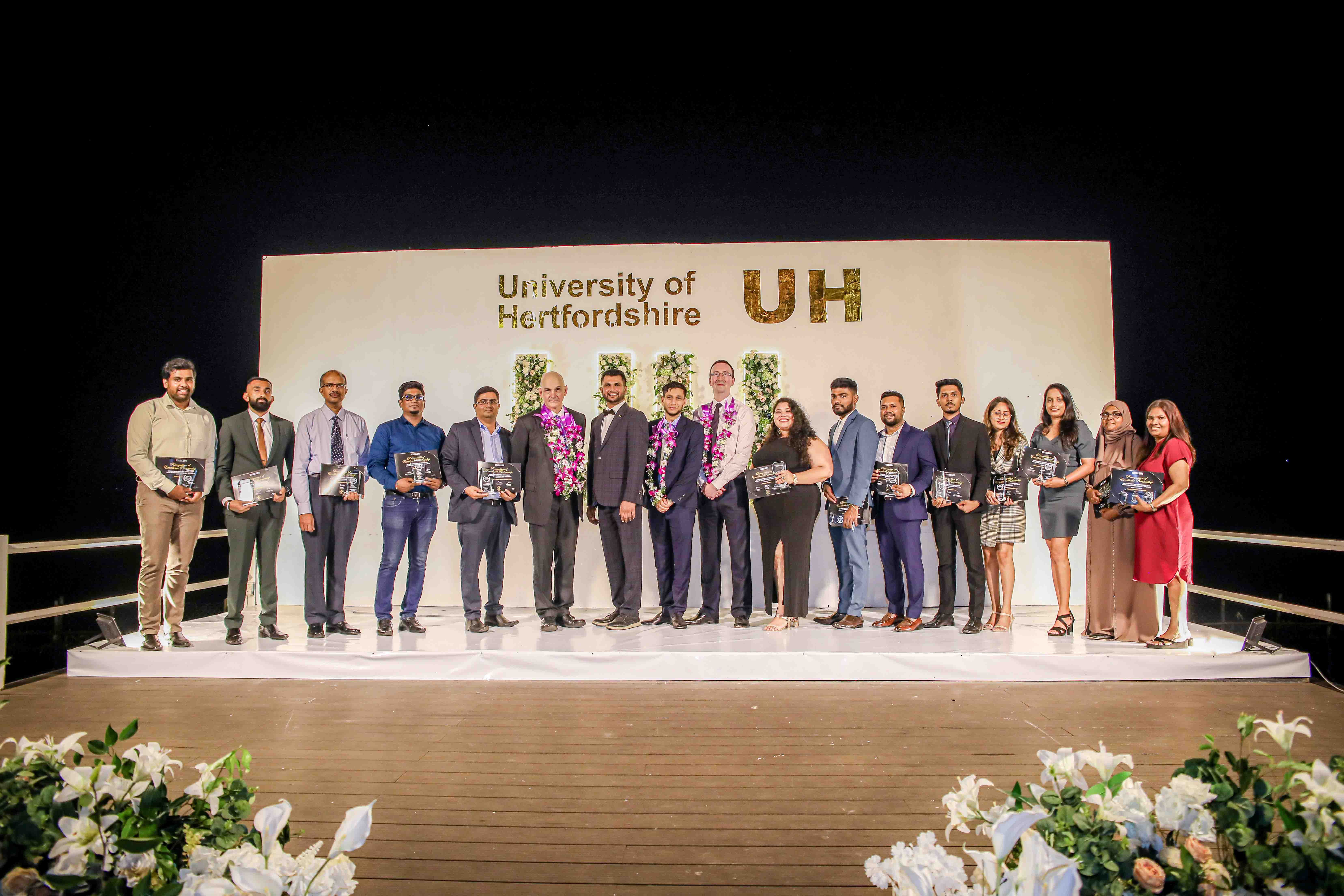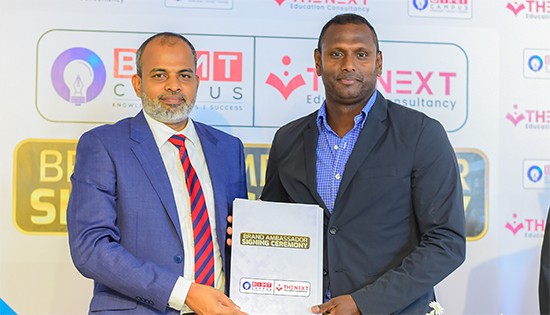Generative AI And Data Protection: What Are The Biggest Risks For Employers?

If you’re an employer tempted to experiment with generative AI tools like ChatGPT, there are certain data protection pitfalls that you’ll need to consider. With an increase in privacy and data protection legislation in recent years – in the US, Europe and around the world – you can’t simply feed human resources data into a generative AI tool. After all, personnel data is often highly sensitive, including performance data, financial information, and even health data.
Obviously, this is an area where employers should seek proper legal guidance. It’s also a good idea to consult with an AI expert on the ethics of using generative AI (so you’re not just acting within the law but also acting ethically and transparently). But as a starting point, here are two of the main considerations that employers should be aware of.
Feeding Personal Data Into Generative AI Systems
As I’ve said, employee data is often highly sensitive and personal. It’s precisely the kind of data that is, depending on your jurisdiction, typically subject to the highest forms of legal protection.
And this means it’s extremely risky to feed that data into a generative AI tool. Why? Because many generative AI tools use the information given to them for fine-tuning the underlying language model. In other words, it could use the information you feed into it for training purposes – and could potentially disclose that information to other users in the future. So, let’s say you use a generative AI tool to create a report on employee compensation based on internal employee data. That data could potentially be used by the AI tool to generate responses to other users (outside of your organization) in the future. Personal data could, quite easily, be absorbed into the generative AI tool and reused.
This isn’t as underhand as it sounds. Delve into the terms and conditions of many generative AI tools, and they’ll clearly state that data submitted to the AI could be used for training and fine-tuning or disclosed when users ask to see examples of questions previously submitted. Therefore, a first port of call is to always understand exactly what you’re signing up for when you agree to the terms of use.
As a basic protection, I would recommend that any data submitted to a generative AI service should be anonymized and stripped of any personally identifiable data. This is also known as “deidentifying” the data.

Risks Related To Generative AI Outputs
It’s not just about the data you feed into a generative AI system; there are also risks associated with the output or content created by generative AIs. In particular, there’s the risk that output from generative AI tools may be based on personal data that was collected and processed in violation of data protection laws.
As an example, let’s say you ask a generative AI tool to generate a report on typical IT salaries for your local area. There’s a risk that the tool could scrape personal data from the internet – without consent, in violation of data protection laws – and then serve that information up to you. Employers who use any personal data offered up by a generative AI tool could potentially bear some liability for the data protection violation. It’s a legal gray area for now, and most likely, the generative AI provider would bear most or all of the responsibility, but the risk is there.
Cases like this are already emerging. Indeed, one lawsuit has claimed that ChatGPT was trained on “massive amounts of personal data,” including medical records and information about children, collected without consent. You don’t want your organization to get inadvertently wrapped up in a lawsuit like this. Basically, we’re talking about an “inherited” risk of breaching data protection laws. But it’s a risk nonetheless.
In some cases, data that is publicly available on the internet doesn’t qualify as collection of personal data because the data is already out there. However, this varies across jurisdictions, so be aware of the nuances of your jurisdiction. Also, do your due diligence on any generative AI tools that you’re thinking of using. Look at how they collect data and, wherever possible, negotiate a service agreement that reduces your inherited risk. For example, your agreement could include assurances that the generative AI provider complies with data protection laws when collecting and processing personal data.
The Way Forward
It’s vital employers consider the data protection and privacy implications of using generative AI and seek expert advice. But don’t let that put you off using generative AI altogether. Used carefully and within the confines of the law, generative AI can be an incredibly valuable tool for employers.
It’s also worth noting that new tools are being developed that take data privacy into account. One example comes from Harvard, which has developed an AI sandbox tool that enables users to harness certain large language models, including GPT-4, without giving away their data. Prompts and data entered by the user are only viewable to that individual, and cannot be used to train the models. Elsewhere, organizations are creating their own proprietary versions of tools like ChatGPT that do not share data outside of the organization.
Follow Me on LinkedIn – Chameera De Silva
Related News
Apply Now: French Embassy Research Scholarships 2025 Open for Applications
The French Embassy in Sri Lanka and the Maldives is proud to announce the opening of its annual call for applications to…
Read MoreGCE A/L Results Release Update – www.doenets.lk
The Department of Examinations has announced that the results of the 2024 G.C.E. Advanced Level examination will be released after April 20.…
Read MoreAngelo Mathews Named Brand Ambassador for The Next Education Consultancy & BIMT Campus
In a landmark move that bridges excellence in education with the spirit of sporting greatness, The Next Education Consultancy and BIMT Campus…
Read MoreAustralasian Academy Hosts Thrilling Inter-Culinary Competition 2025
The culinary scene at Australasian Academy was set ablaze with talent and passion as students showcased their exceptional culinary skills at the…
Read MoreEmbassy of Sri Lanka in Washington, D.C. facilitates partnership between NSBM Green University and American University
The NSBM Green University Sri Lanka and the American University (AU) Washington, D.C. formalized an academic partnership, marking a significant milestone in…
Read MoreCourses
-

IMC – Bachelor of Psychology
IMC Education Overview IMC Campus in partnership with Lincoln University College (LUC) Malaysia offers Bachelor of Psychology Degree right here in Sri… -

ANC – BA (Hons) International Business Management (Top-Up)
ANC Education Overview Designed in partnership with public and private business organizations, this program develops one’s ability to critically evaluate business models… -

IIT – BSc (Hons) Computer Science
IIT Campus Overview BSc (Hons) Computer Science provides a solid foundation and training regarding the fundamentals of the computer science field, along… -

APIIT – BSc (Hons) Cyber Security
APIIT Sri Lanka Overview Our BSc (Hons) Cyber Security award is designed to launch your future career in the protection of software… -

ICBS – BSC (Hons) Business Management with Marketing Management
ICBS Overview The BSc (Hons) Business Management with Marketing program, awarded by Queen Margaret University (QMU), is a highly regarded degree that… -

UTS – Diploma of Science
UTS College Sri Lanka Overview The Diploma of Science is designed to empower you to apply scientific thinking and analysis to important… -

CSA – Master of Architecture and Environmental Design
City School of Architecture Overview The Master of Architecture and Environmental Design Degree at CSA is awarded by the University of the… -

APIIT – BSc (Hons) International Business Management
APIIT Sri Lanka Overview Increasingly businesses are becoming more and more international. This requires business management professionals to have knowledge, skills and… -

IIT – BSc (Hons) Artificial Intelligence And Data Science
IIT Campus Overview The BSc (Hons) Artificial Intelligence and Data Science course is awarded by Robert Gordon University (RGU) in the UK… -

ICBS – International Degree Foundation in Business / IT
ICBS Overview The Scottish Qualification Authority (SQA) is a globally recognized organization dedicated to education and qualification development. SQA is responsible for… -

APIIT – BA (Hons) Finance and Business Enterprise
APIIT Sri Lanka Overview Finance and accounting are no longer just about taxation and the management of financial capital. This award will… -

APIIT – MBA General
APIIT Sri Lanka Overview The MBA is awarded by Staffordshire University, UK. This award is an advanced course of study in management… -

ANC – LLM in International Business & Commercial Law
ANC Education Overview This course is designed for graduates of law, business and finance in a legal or a corporate job role… -

AOD – BA (Hons) Fashion Design and Marketing
Academy of Design Overview The syllabus is from the UK’s Northumbria University, as one of their most revered flagship programmes and is… -

APIIT – MSc. Marketing Management
APIIT Sri Lanka Overview This MSc Marketing Management degree – awarded by Staffordshire University, UK is an advanced course of study in…
Newswire
-

Underworld gang arrested with weapons
ON: April 19, 2025 -

IPL points table 2025 | Standings
ON: April 19, 2025 -

Sri Lanka thrash Malaysia to keep Rugby World Cup hopes alive
ON: April 19, 2025 -

5.8 magnitude earthquake jolts Afghanistan, tremors felt in India, Pakistan
ON: April 19, 2025











